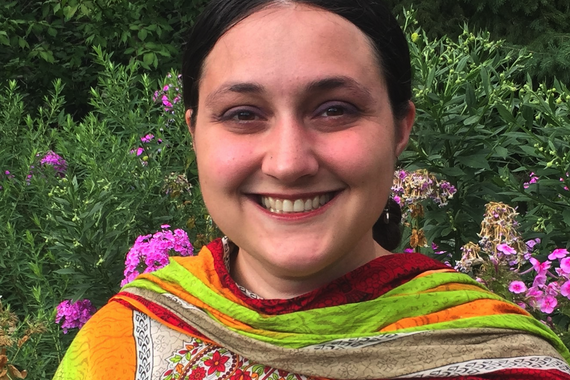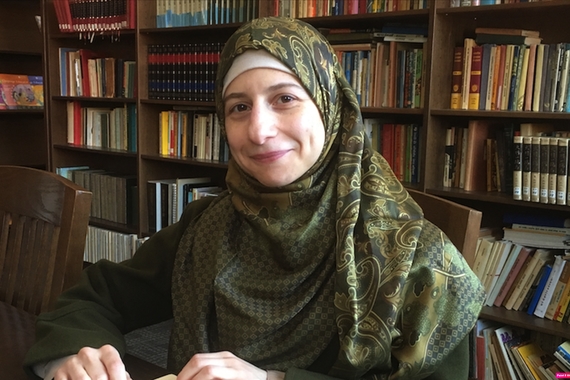Tips and Tricks from the Learning Abroad Center
I met with Peggy Retka from the Learning Abroad Center to talk about options for study abroad in France and French speaking countries like Senegal and Morocco. She shared the following tips for students in the French and Italian department who are considering travel to a Francophone country or are otherwise interested in study abroad.
Peggy Retka is a new member of the Learning Abroad Center team, and her area of focus is French and Francophone study abroad locations. Here are her top tips for considering study abroad:
Tip #1: Connect with the Learning Abroad Center Early
The Learning Abroad Center is here to help guide students through the whole process of selecting a program, applying, and studying abroad. They have strong connections with financial aid and want to help you find a way to fit study abroad into your plan. They offer and know of many scholarships available for study abroad and can help you find more resources.
The LAC can help you narrow down your selections, find a program that focuses on your major or offers the teaching, internship, volunteer, or work opportunities you want, and will guide you through the process of applying for visas and making sure you get settled.
Tip #2: Focus on Your Major
”We want this to count for students; we want it to fit into their academic plan. We don’t want [your] study abroad experience to be just like, an add on that really doesn’t fit into anything. We really want it to be part of [your] education here at the U”
The LAC offers trips with more options than ever before. Just added: Child Psychology in Montpellier, France. Business, Engineering, Education, Sports, Arabic, International Development, and more are options in France, Morocco, and/or Senegal to name a few.
Talk with your advisors for your major(s) and/or minor(s). They might have suggestions of programs that may fit, and after you choose a program they can help you figure out how to make the courses work for your overall plan. Courses are offered in a number of languages, and you just might happen to fulfill most of a French major or minor in the process!
Peggy wants students to know that
“as [you’re] thinking through [your] academic, [your] personal, and [your] professional goals--it all should fit together into one package.”
Tip #3: Consider Your Lifestyle
Being an international student at another university is a rather different experience than choosing an instructor led-course, in part because of the difference in levels of direction given by the program itself. There are ways to filter different types of experiences on the LAC website.
Another consideration is your living situation. Living alone, with roommates, in a host family, etc. all offer different experiences. Choose what works best for how you want to live, your language level, etc. Learning Abroad Advisors know the programs well, and can also help you plan for accommodations for disabilities or other concerns if that is important to you.
Working with advisors and the LAC is important because “All of our programs are good programs, but not all programs are right for every student.” Making sure to choose what makes sense for you will ensure a much better experience overall.
Bonus: Followed all the tips and still can’t decide, can’t find the location you want, or want to study something specific but not listed here? Talk with the LAC and find out if they know of additional programs run through other agencies. There’s a whole world out there, and there’s a good chance you can find a program that’s right for you.
Find the LAC at : 230 Heller Hall, 271 19th Ave S., Minneapolis, MN
umabroad.umn.edu


